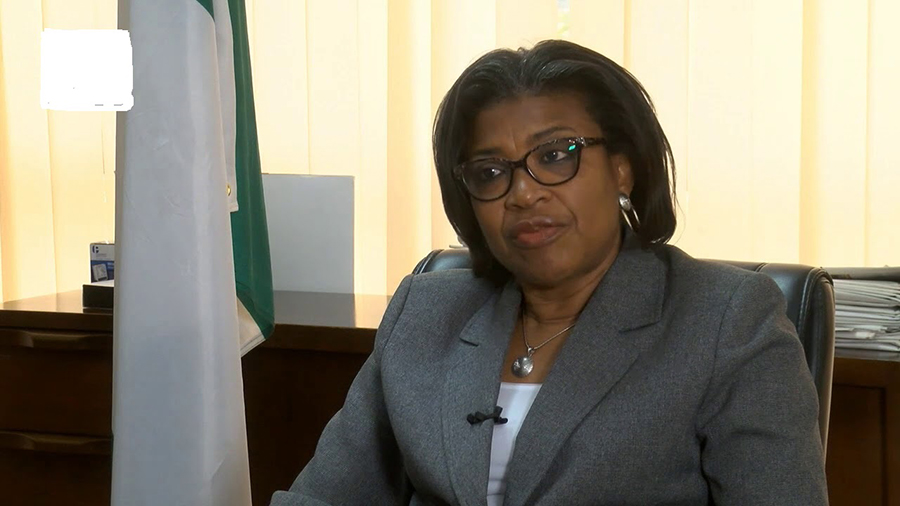Nigeria, Africa’s largest economy’s total public debt rose to $79.5 billion (N28.63 trillion) as of the first quarter of 2020, which is March 31, 2020. This represents a 15% increase from the figure that was recorded for the corresponding period in 2019, which was about $69.09 billion (N24.94 trillion).
This was disclosed in a latest publication by the Debt Management Office (DMO) on Friday June 3, 2020.
Nigeria has seen its debt stock rise sharply in recent years as the country tries to fund infrastructural and developmental projects and boost its fragile economy, which has been in and out of recession. The country’s economy has been projected to fall into recession again, due to the adverse impact of COVID-19 that has seen oil prices crash globally.
According to data obtained from DMO, $27.66 billion (N9.9 trillion) is the total external debt. This represents 34.89% of the total public debt stock. Whereas, $51.64 billion (N18.64 trillion) is the total domestic debt, which represents 65.11% of the total public debt.
READ MORE: Nigeria borrows N754 billion in 3-month, total debt now N25.7 trillion
The Federal Government accounts for 50.77% of the total domestic debt, which is $40.26 billion (N14.53 trillion), whereas the State Governments and Federal Capital Territory account for 14.34% of the total domestic borrowing which is $11.37 billion (N4.11 trillion).
Nigeria has been under a lot of fiscal crisis following the crash of oil prices triggered by the coronavirus pandemic. The oil sector accounts for about 90% of the country’s foreign exchange earnings and about 60% of its total revenue.
The country, which had lined up a series of debt issue this year, had to halt the external commercial borrowing due to oil price collapse. The Minister for Finance, Zainab Ahmed, had last week disclosed that the country would no longer go ahead with its Eurobond debt issue.
READ ALSO: Lagos debt hits N39.6 billion, to borrow N97 billion more
The Nigerian government, for now, is focusing on the domestic markets and concessionary loans to help fund the 2020 budget deficit which is made worse by drop in revenue. In the recently approved 2020 revised budget, the federal government is expected to borrow N850 billion from the domestic market.
This rising debt has put a lot of pressure on the government’s resources as it spent $1.69 billion (N609,13 billion) to service its domestic debt in the first quarter of 2020 alone.
Nairametrics had reported that Nigeria’s global rating is at risk due to the sharp rise in the country’s sovereign debt and a growing finance gap. According to a report from the global rating agency, Fitch Ratings, this could trigger a rating downgrade as policymakers struggle to stimulate growth and deal with the impact of low oil prices and sharp drop in revenue.
Download the Nairametrics News App
According to Fitch, the country’s debt to revenue ration is set to deteriorate further to 538% by the end of 2020, from the 348% that it was a year earlier.















IMF & World bank are just milking Nigeria dry. They are like modern slaves masters giving out orders to their corrupt politicians slaves, They give out this loan to corrupt politicians that only cares about their pocket. its a bloody shames that 5 generations will survive this loans.
Great share, all the information are really very nice.
Nigeria Aviation News
Nigeria Diversity Visa News
Nigeria Immigration News
Business News
Nigeria Corruption News
Nigeria Economy News
Such as great information, and the thing is this you share with others that’s very nice.
Leaflet Distribution
Door to Door Distribution Statistics
Guaranteed Leaflet Distribution
Flyer Printing London